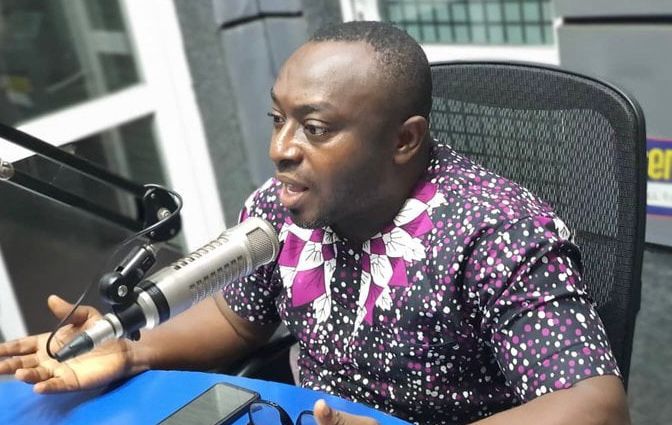The recent appreciation of the Ghanaian cedi against major international currencies has sparked a debate about who deserves credit for this positive economic development. Dr. Ekua Amoakoh, a member of the ruling New Patriotic Party’s (NPP) communications team, attributed the cedi’s newfound stability to policies implemented under the leadership of former Vice President Dr. Mahamudu Bawumia. Specifically, she highlighted the Domestic Gold Purchase Programme, which she claimed amassed over $6 billion worth of gold reserves between 2022 and January 2025, providing a crucial bolster to the national currency. This program, according to Dr. Amoakoh, laid the groundwork for the cedi’s recent recovery.
Challenging this narrative, Coach Isaac Opeele Boateng, a prominent football manager and political commentator, and a former supporter of Dr. Bawumia, argued that the credit for the cedi’s resurgence should be given to the current administration. He drew an analogy to football management, suggesting that attributing the cedi’s improvement to previous policies is akin to crediting a former manager for a team’s success under a new coach. He emphasized the importance of recognizing the current government’s efforts in stabilizing and strengthening the cedi, asserting that they are the ones actively managing the economic landscape.
This debate underscores the complex nature of economic policy and the difficulty of definitively attributing success to any single initiative or administration. While long-term strategies and foundational policies can undoubtedly play a role in shaping economic outcomes, immediate economic conditions are often influenced by a multitude of factors, including global market trends, fiscal management, and investor confidence. Disentangling these factors to pinpoint the precise drivers of currency fluctuations is a challenging task, and differing interpretations often arise based on political affiliations and perspectives.
The cedi’s recent performance has been indeed remarkable. As of May 6, 2025, the currency demonstrated significant strength against major currencies. Against the US dollar, it traded at a buying rate of GHS13.64 and a selling rate of GHS14.46. The British pound saw a similar trend, trading at GHS18.04 for buying and GHS19.26 for selling. The euro also reflected the cedi’s positive trajectory, with buying and selling rates of GHS15.37 and GHS16.39 respectively. These figures, reported by Cedirates.com, a reliable source for currency and fuel updates in Ghana, highlight the extent of the cedi’s recovery and its improved standing in the international currency market.
The contrasting viewpoints of Dr. Amoakoh and Coach Opeele represent a broader discussion on economic policy and its impact. While the former emphasizes the foundational role of past initiatives in creating a stable economic environment, the latter stresses the importance of acknowledging the current government’s active management and policy decisions in achieving the recent positive outcomes. The reality likely lies somewhere in between, with both long-term strategies and current policy adjustments contributing to the cedi’s appreciation.
Ultimately, the debate surrounding the cedi’s recovery highlights the complexities of economic attribution and the interplay between long-term planning and short-term management. While recognizing the contributions of past policies is important, crediting the current administration for navigating the complexities of the economic landscape and steering the cedi towards stability is equally crucial. The continued strength of the cedi will depend on a combination of factors, including sound economic policies, favorable global market conditions, and sustained investor confidence. The ongoing debate serves as a reminder of the dynamic nature of economic management and the importance of continuous adaptation and strategic decision-making.


